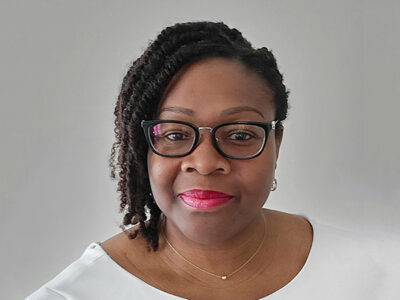The Association of Community Cancer Centers is establishing two efforts targeted at improving cancer screening, care, and mortality rates for the Appalachian region of the U.S.
FDA is asking sponsors of all investigational medical products to focus on including diverse patients throughout the clinical development process.
Deaths from uterine cancer are rising in the U.S., and are highest among non-Hispanic Black women, according to a new study led by researchers at NCI. The higher death rates are related to the rising incidence of aggressive subtypes of uterine cancer.
Two studies led by researchers at the American Cancer Society showed an increase in the use of proton beam therapy for patients with cancer in the U.S. during the past decade.
A study led by researchers at ACS showed cancer survivors in the United States who reported medical financial hardship have a higher mortality risk than cancer survivors without financial hardship. Medical financial hardship was measured as problems affording health care or delaying or forgoing any health care due to cost in the past 12 months.
Findings led by researchers at the American Cancer Society show that five-year survivors of adolescent and young adult cancer in the United States have a higher risk of developing and nearly double the risk of dying from a new primary cancer as the general population.
Breast cancer screening and early detection efforts have contributed to improved survival in recent decades, as breast cancer is more easily treated at early stages. But not all women have benefited equally.
Although there are more than 11 million LGBTQ+-identifying individuals in the U.S., this population remains “invisible in the research”—presenting a problem for cancer centers trying to better serve their catchment areas, said Zul Surani, associate director of community outreach and engagement at Cedars-Sinai Cancer.
FDA has announced proposed product standards that would prohibit menthol as a characterizing flavor in cigarettes and prohibit all characterizing flavors other than tobacco in cigars.
UC Davis Comprehensive Cancer Center is launching the Center for Advancing Cancer Health Equity, which will conduct community-engaged research and interventions.








